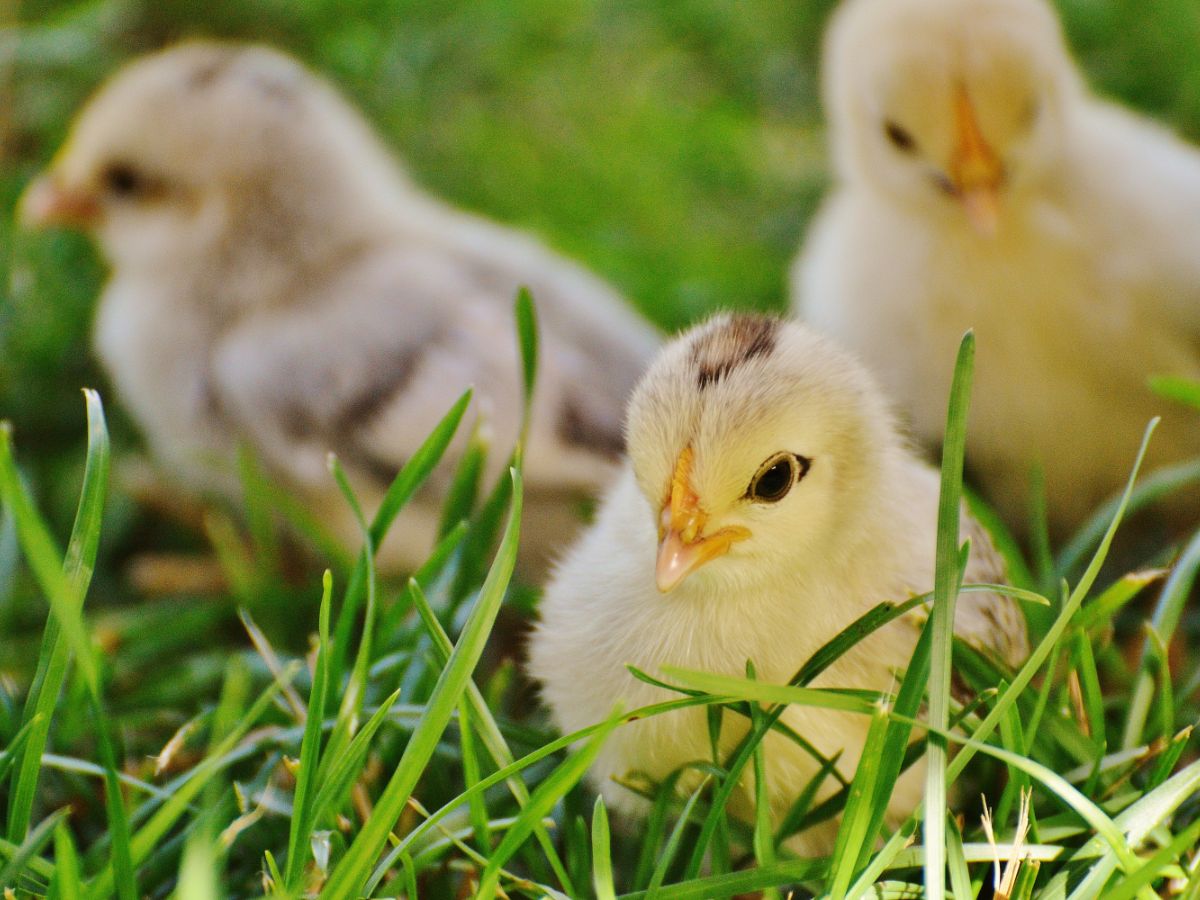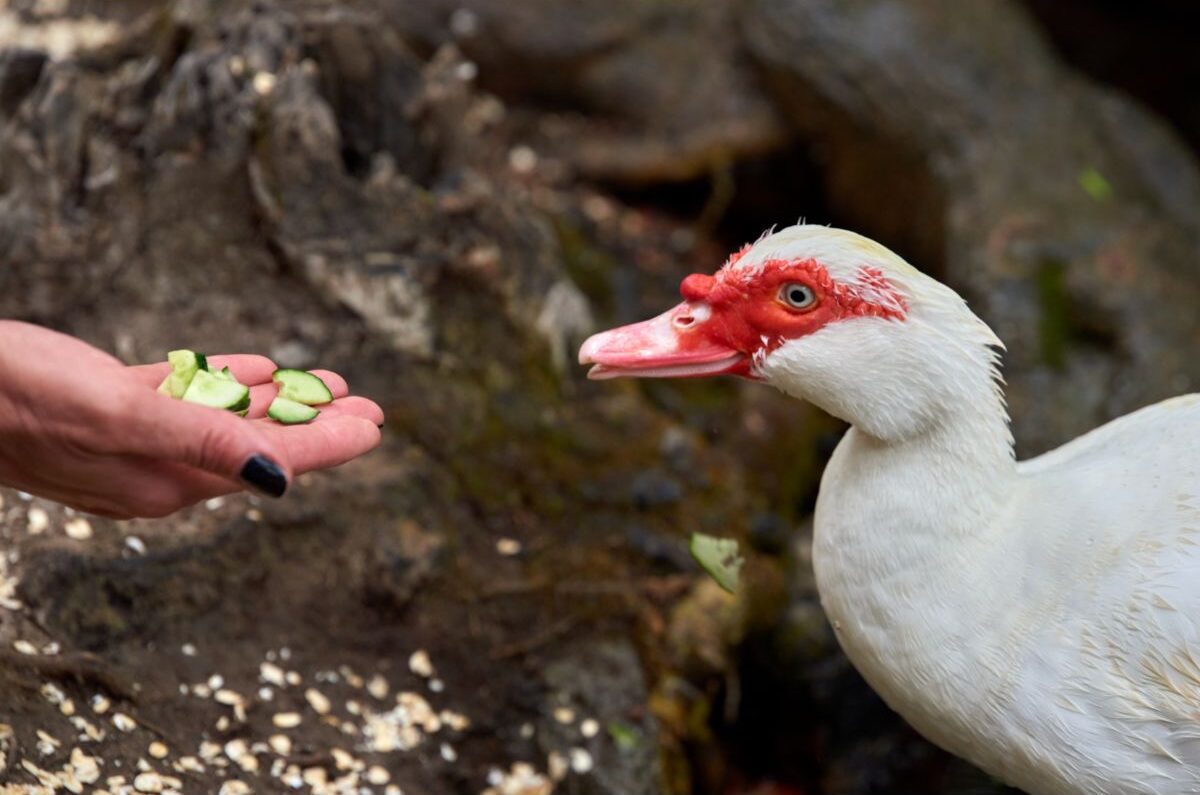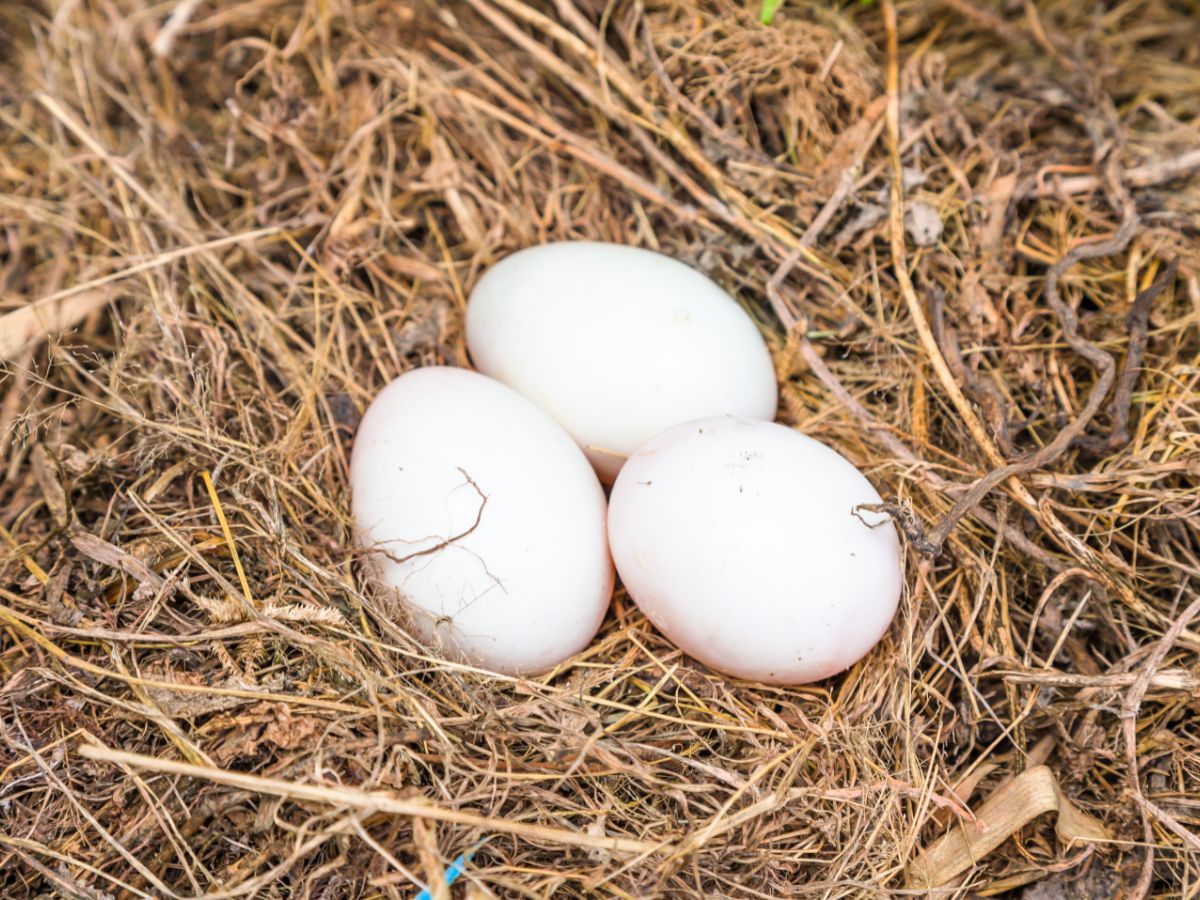You’ve wanted chickens for the longest time, and now it’s just a few days before they arrive. If this is the first time you will be welcoming chickens to your home, you may be anxious about whether you’ve thought of everything they might need.
Before your first chickens arrive, ensure that you have a separate brooder area with a heat lamp and first aid kit for chicks. Adult chickens will require a secure coop. Prepare proper bedding, feeders, waterers, chicken feed for adults, and chick grit and supplements for chicks.
Being adequately prepared beforehand will ensure that your chickens make a happy transition into their new home. Happier chickens are always healthier chickens, so we’ve compiled a checklist for you to be ready when your chickens come home to roost.
Contents
Preparing Space For Your First Chickens
Firstly, do the proper due diligence and check with your local authorities whether you are allowed to have chickens in your neighborhood. Next, check how much space you would reasonably require for the number of chickens you wish to have.
Each chicken in your coop or hen house will need roughly 2.5 to 4 square feet. It’s also essential that the height of your coop or hen house be adequate for you to enter it to clean and collect eggs comfortably.
Chickens are social animals, so consider adopting between three to six chickens. If you wish to breed some chicks, you may consider keeping a rooster. Whatever you decide, you will need a big enough space to house your flock comfortably.
If you are a first-time chicken parent, you will need to take a minute to understand what to expect before your chickens arrive. You may be raising chicks for the first time, adopting some grown chickens, or welcoming a group of chickens of different ages and genders.
Depending on the age of your chickens, there is a list of health concerns you need to prepare for ahead of time. If things do not go smoothly, you need to be aware of the steps you need to take, and having the correct supplies on hand will save you time.
Preparations For Introducing New Chicks To Your Brood
If introducing chicks to your older brood for the first time, you must be prepared to quarantine them for at least thirty days. The ideal age for your chicks to be before they get to mingle with the adults is between eight to twelve weeks old
Never allow a chick under six weeks into the company of adult chickens, as your older chickens may pick up diseases. The possibility of your new chick being picked on and rejected is also relatively high at that age, and the young chick may not survive.
Prepare a separate enclosure for young chicks and pullets to be safe from older hens and roosters. This is called a brooder area. Chickens have a distinct social order, or pecking order, and forcing the newcomers into a hostile group of chickens will not be a great start for anyone.
Use chicken wire to section some space in your coop to accommodate the new chicks. They should be securely out of reach of the older birds, but it helps if the other chickens can see them. This will make integrating them into the brood much easier when they are old enough.

Important Supplies To Prepare For Young Chicks
Be prepared to spend more time and effort when raising chicks. Taking good care of them during quarantine will make them grow into strong, healthy, egg-laying adults.
1. Chick Brooder Guard or Area
It’s essential to keep your chicks warm during those crucial first weeks. A brooder guard is simply a guard that can be made from cardboard, wood, or mesh that keeps the chicks contained in an area under the heat lamp. It prevents your chicks from wandering off into the cold.
Provide enough space in the brooder area for the number of chicks you wish to have. Each chick requires roughly six to seven square inches. Remember that they grow fast, so keep assessing whether they are becoming crowded as they grow up.
Ensure that your brooder area is safely enclosed so that adult chickens and other predators or pets don’t have access to your delicate new arrivals.
2. Chick Brooder Heat Lamp
Your young chicks will require a heat lamp until they are fully weathered, which will be when they are around six weeks old. I suggest that you buy two bulbs for your heat lamp just in case one of them goes on the blink.
A thermostat will also be handy to gauge whether you provide enough heat. However, this is unnecessary, as you can quickly notice if your chicks are moving away from the heat lamp to sleep or pant if it is too hot. They will huddle together or shiver if there is too little heat.
3. Chick Waterer
Your chicks will require plenty of fresh water. Try purchasing a waterer that is easy to clean and large enough for the number of chicks you want. You can also opt to use an upside-down mason jar with a shallow plastic waterer base.
4. Chick Feeder
Chick feeders are handy for saving food as all the food is kept in one place. Many people prefer to scatter the feed along the ground and let the chicks scratch around for their food, which means that a lot of food goes to waste.
5. Chick Bedding
You have a few options for bedding in the brooder area, but you need to make sure that you choose soft options as newly hatched chicks will be very delicate. Paper towels, straw, fine sand, or pine shavings are all available options. Stock on bedding before your chicks arrive because you must change it often.
6. Chick Starter
Chick starter is a feed specially formulated with chicks in mind. It comes in a medicated or non-medicated option. If your chicks have not been vaccinated, use the medicated chick starter to boost protection against diseases.

7. Chick Supplement
Your chicks will need all the help they can get to stay strong and healthy; start feeding them a supplement right from the start to avoid deficiencies and disease. Adding a variety of supplements to your chicks will aid in good digestion and rapid growth.
Chick Grit* can be served after your chicks are one week old, which will help them digest food properly. You can add a vitamin and electrolyte powder* to the water to help with hydration and stress.
8. Chick First Aid Kit
Chicks are incredibly delicate little things, and you must be prepared for a few medical emergencies. The most common problem for chicks is that they can get plugged up with poop (also known as pasty butt). This is a rather messy problem that you need to take seriously.
Have some cotton buds and paper towels in your first aid kit to help gently unclog your chicks. Also, include a small pair of scissors to help remove matted fluff and band-aids to help treat “spraddle legs” in older chickens.
Ensure that you have a dropper ready if you need to feed a young chick that is not eating or drinking enough water. Keep pipe cleaners on hand in your kit to treat a chick with “curled toes.”
Conclusion
Having a good home prepared for your chickens before they arrive will help take the stress away from first-time chicken parents. Having feed, supplements, bedding, and medical supplies on hand will make you feel confident that you can adequately care for your new feathered family.




